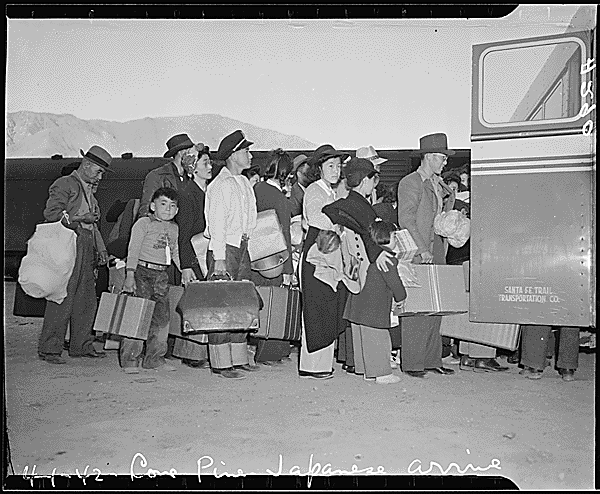Getting Old and Getting Out
In New York City
byHerb Bardavid
This is Yale

The first time I saw Yale, he was eating lunch at Hamilton House. He was sitting by himself and he kept his head down and was very focused on his food. I attempted to engage him in conversation but he only responded with a big smile and one-word answers and then went back to the business of eating his lunch. The second time I saw Yale, and this time I was not having lunch. Yale noticed that and said, "man, aren't you going to eat?" I told him I wasn't hungry and he said: "then take it home man, you need to get your food." He said he loves Hamilton House and is there twice a day every day. He needs this place in order to eat. The third time I met Yale, I knew that if we were going to have a conversation, I needed to meet him after a meal. We sat on a bench outside Hamilton House.
Yale is 88. He was born in Los Angles to Japanese immigrant parents. Yale's parents came here before World War II. I asked him if he was in Manzanar. When I said Manzanar, his face lit up with surprise. "You know Manzanar?" He was taken to the Manzanar concentration camp with his parents and his sister when he was twelve.
They were there for four years. He didn't talk about what things were like while he was there. When the family was released, there was no home to go back to and the government did not want the Japanese people on the West Coast. They were unwelcome in California, Oregon, and even Utah. They eventually moved to Chicago where his father secured a job as a cook. Holding up is lunch leftovers in a baggie, he said laughingly looking at the food, "my father would never eat this stuff." The food he looks forward to eating twice a day.


Yale and his wife moved to New York many years ago because his wife wanted to be near their daughter to help take care of their grandson. They lived in Greenwich Village. His wife passed away seven years ago. I asked how often he sees his daughter and grandson. He said whenever they invite him - about once a year.
Yale's social life now consists of going to Hamilton House for meals and walking the one block back to his home.

It is interesting to me that in the little more than the year that I have been working on this project, I have randomly met four people who earlier in their lives they were forced to flee hostile governments that were persecuting them for either their race or religion. Three people were fleeing the Nazis and one interned by the American government. So, it is worth noting that survival allows you to have the freedom to get old and get out each day.